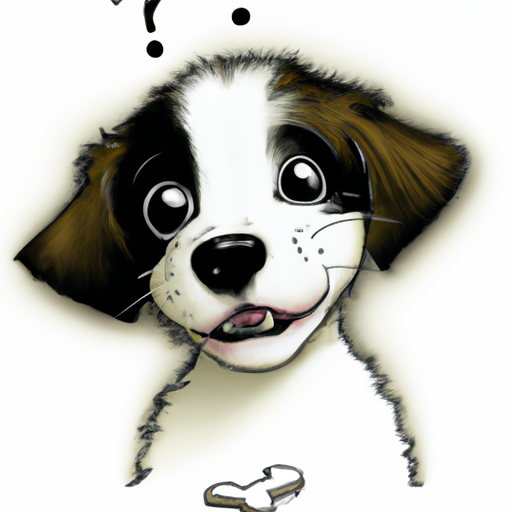As a caregiver for your beloved canine friend, understanding the developmental milestones, including the transition from baby teeth to adult teeth, is essential. Let’s delve into this important phase in your dog’s life.
Understanding Your Dog’s Dental Development
Like humans, dogs also go through two sets of teeth in their lifetime. The first set, known as deciduous or baby teeth, are temporary. The second set, the permanent or adult teeth, are meant to last a lifetime.
Deciduous teeth are sharp and needle-like. Puppies use these teeth primarily for the transition from mother’s milk to solid food. These baby teeth are not as strong as adult teeth and are not designed for heavy chewing or grinding.
When Do Puppies Start Losing Their Baby Teeth?
Puppies begin losing their baby teeth around three to four months of age. This process is typically complete by six to seven months of age. However, this timeline can vary slightly depending on the breed and individual health of the dog.
The Process of Losing Baby Teeth
The process of losing baby teeth and the growth of adult teeth is known as “teething.” Here’s a general timeline:
- 3 Weeks: Incisors begin to emerge.
- 4 Weeks: Canine teeth start to come in.
- 5-6 Weeks: Premolars appear.
- 3-4 Months: Baby teeth begin to fall out, and the process of replacement with adult teeth starts.
- 6-7 Months: Most dogs should have a full set of adult teeth.
Signs Your Dog Is Losing Its Baby Teeth
Your puppy’s behaviour may change during the teething phase. Look out for these signs:
- Increased chewing
- Bleeding gums
- Lost teeth found around the house
- Changes in appetite
How to Care for Your Teething Puppy
Providing care and comfort during this transition phase is paramount. Here are some tips:
- Offer chew toys designed for teething puppies.
- Feed soft, nutritious food.
- Regularly check your puppy’s mouth for any abnormalities.
- Maintain a routine dental care regimen.
Potential Problems and Solutions
Sometimes, the transition from baby teeth to adult teeth may not go smoothly. Here are some issues that might arise:
- Persistent Baby Teeth: If a baby tooth doesn’t fall out, it can lead to dental problems. Your vet may need to extract it.
- Crooked Teeth: If adult teeth come in before the baby tooth has fallen out, it can lead to alignment issues.
- Gum Infections: Puppies are prone to gum infections during teething. Regular check-ups can prevent this.
Regular Dental Check-ups
Schedule regular dental check-ups with your vet. This table provides a recommended timeline:
| Age | Check-up |
|---|---|
| 3-4 months | First dental check-up |
| 6-7 months | Check-up to ensure all baby teeth have fallen out |
| Annually | Regular dental check-ups |
FAQ
When should I be concerned about my puppy’s teething process?
If your puppy is over eight months old and still has some baby teeth, consult your vet. Also, if your puppy seems to be in a lot of pain, has difficulty eating, or has excessively bleeding gums, seek veterinary attention.
How can I relieve my puppy’s teething discomfort?
Chew toys can provide relief. You can also try feeding your puppy cold foods, as the cold can numb the gums and ease discomfort.
Can adult dogs still have their baby teeth?
Yes, in some cases, a baby tooth doesn’t fall out when the adult tooth grows in, a condition called retained deciduous teeth. This can lead to dental problems and should be addressed by a vet.
What should I do if my puppy swallowed a baby tooth?
Don’t panic. It’s not unusual for a puppy to swallow a loose tooth. It should pass through their system without problem. If you notice any signs of distress, however, consult your vet.



